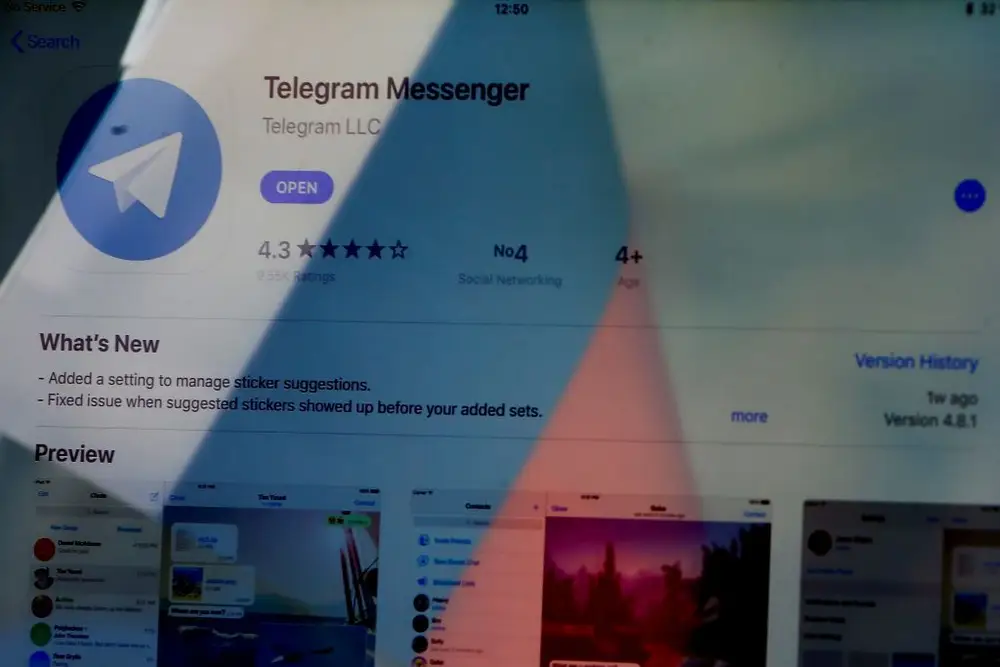Russia successfully tested cutting off access to the global web as it continues to build its sovereign internet

Telegram Messenger on a smartphone in Moscow, Russia on 2018.
The Kremlin is believed to have cut off access to the internet in some areas of Russia as it continues to build its own sovereign network.
Russia’s federal internet regulation agency, Roskomnadzor, restricted global internet access for a day in several regions so that VPNs couldn’t bypass it, reports said.
According to local news reports, cited by the US think tank The Institute for the Study of War, Roskomnadzor has been conducting tests to more closely control internet access in Dagestan, a Muslim-majority region in the country’s south.
Dagestani news site Chernovik reported that people in the impacted regions, which also included Chechnya and Ingushetiya, were unable to access websites including YouTube, Amazon, and Telegram, even with virtual private networks or VPNs, that use encryption to bypass public internet platforms.
In a statement to Kommersant in November, Roskomnadzor said that the purpose of the tests was to ensure that Russia’s internet, RuNet, could be cut off from the global internet.
Russia has long sought to restrict the country’s access to the internet, with some websites, including global news websites, inaccessible to normal users.
The Kremlin wants to tightly manage the flow of information available to Russians, with subjects including the war in Ukraine heavily censored.
Some citizens have used VPNs to overcome the restrictions and access information and services on the global web.
Demand for VPNs spiked after the Russian invasion of Ukraine, when tougher internet restrictions were enforced, B-17 reported in 2022.
The ISW said the recent tests appeared to be focused on regions with a history of unrest against authorities in Moscow.
“Roskomnadzor likely intended in part to test its ability to successfully disconnect Chechnya, Dagestan, and Ingushetia — Russian federal subjects with Muslim-majority populations and recent histories of instability — from services like Telegram in order to control the information space in the event of instability in the future,” it noted.
It said the tests were likely part of a plan to more broadly restrict access to the global internet in Russia.






